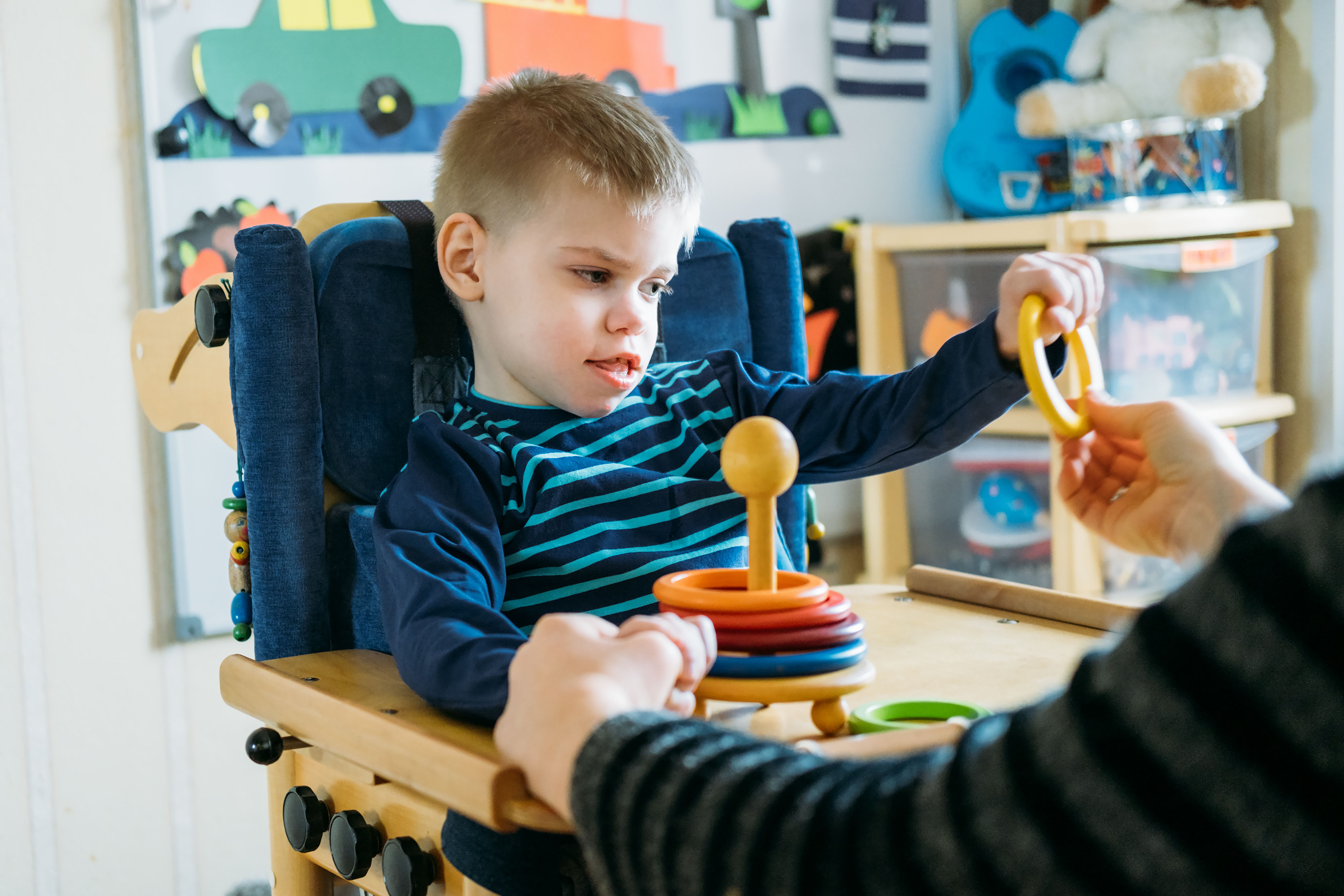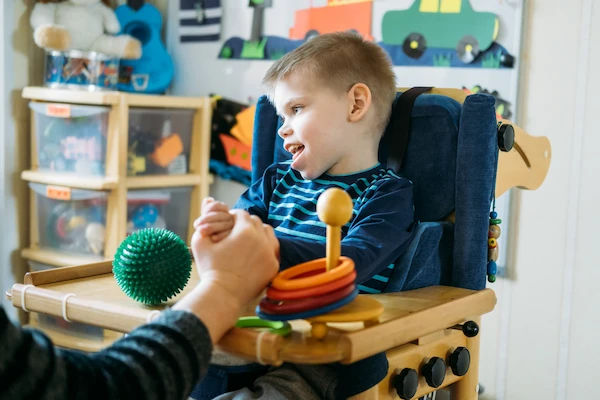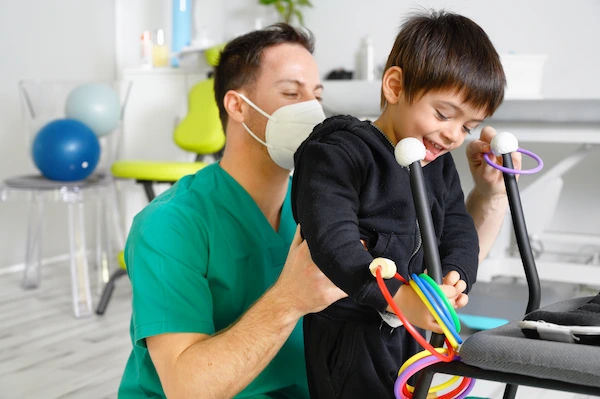Understanding Cerebral Palsy Symptoms and Treatment
Understand cerebral palsy symptoms, causes, diagnosis, and treatment options. Learn how early intervention, therapies, and lifestyle care can improve quality of life for children with CP.

Written by Dr. Rohinipriyanka Pondugula
Reviewed by Dr. Dhankecha Mayank Dineshbhai MBBS
Last updated on 13th Jan, 2026

Cerebral palsy (CP) is a neurological condition that affects movement, muscle tone, and posture. It is caused by damage to the developing brain, often before or during birth, though it can also occur in early childhood. While CP is a lifelong condition, early diagnosis and proper treatment can significantly improve a child’s quality of life.
This article will help you understand the symptoms, causes, and treatment options for cerebral palsy in simple terms.
What is Cerebral Palsy?
Cerebral palsy is a group of disorders that affect a person’s ability to move and maintain balance. The word "cerebral" refers to the brain, and "palsy" means weakness or problems with muscles. CP is not a disease that gets worse over time, but the symptoms may change as a child grows.
Common Symptoms of Cerebral Palsy
Symptoms of CP vary from mild to severe and may include:
1. Movement difficulties – Stiff or floppy muscles, involuntary movements, or trouble with coordination.
2. Delayed milestones – Taking longer to sit, crawl, walk, or speak compared to other children.
3. Abnormal posture – Favoring one side of the body or walking on toes.
4. Speech and swallowing problems – Difficulty speaking clearly or eating.
5. Muscle stiffness (spasticity) – Tight muscles that make movement difficult.
6. Tremors or involuntary movements – Shaking or uncontrolled motions.
7. Learning difficulties – Some children may have mild to moderate intellectual disabilities.
Not all children with CP will have the same symptoms. Some may have mild challenges, while others may need lifelong assistance.
What Causes Cerebral Palsy?
CP occurs due to brain damage before, during, or shortly after birth. Possible causes include:
Lack of oxygen during birth – Complications during delivery can reduce oxygen supply to the baby’s brain.
Infections during pregnancy – Illnesses like rubella, toxoplasmosis, or cytomegalovirus can affect brain development.
Premature birth – Babies born too early have a higher risk of brain damage.
Head injuries – Severe trauma in early childhood can lead to CP.
Genetic factors – In rare cases, genetic mutations may contribute.
It’s important to note that CP is not caused by anything a parent did or didn’t do. Early medical care can help reduce risks, but sometimes the cause remains unknown.
Consult a Paediatric Neurologist for Personalised Advice
How is Cerebral Palsy Diagnosed?
Doctors diagnose CP by observing a child’s movements, muscle tone, and developmental milestones. Tests may include:
Brain imaging – MRI or CT scans to check for brain damage.
EEG (Electroencephalogram) – If seizures are present.
Blood tests – To rule out other conditions.
Early diagnosis helps in starting therapy sooner, which can improve outcomes.
Treatment and Management of Cerebral Palsy
While there is no cure for CP, treatments can help manage symptoms and improve independence. A combination of therapies is often recommended:
1. Physical Therapy (PT)
Strengthens muscles and improves movement.
Helps with balance, walking, and preventing joint stiffness.
2. Occupational Therapy (OT)
Teaches daily living skills like dressing, eating, and writing.
Uses adaptive tools to make tasks easier.
3. Speech Therapy
Improves communication and swallowing difficulties.
May include sign language or speech devices if needed.
4. Medications
Muscle relaxants (like Baclofen) to reduce stiffness.
Pain relievers for discomfort.
Anti-seizure drugs if epilepsy is present.
5. Surgical Options
Orthopedic surgery – Corrects bone and muscle deformities.
Selective Dorsal Rhizotomy (SDR) – A procedure to reduce spasticity in severe cases.
6. Assistive Devices
Braces, walkers, or wheelchairs to aid mobility.
Communication devices for speech difficulties.
Lifestyle and Home Care Tips
Parents and caregivers can support children with CP by:
Encouraging physical activity – Swimming, stretching, and play therapy help with movement.
Providing a balanced diet – Proper nutrition supports muscle and bone health.
Creating a safe home environment – Removing hazards and using supportive furniture.
Joining support groups – Connecting with other families can provide emotional support.
When to See a Doctor
If you notice any delays in your child’s development or unusual muscle stiffness, consult a pediatrician or neurologist. Early intervention can make a big difference.
Book a Consultation with Apollo 24|7
If you suspect your child may have cerebral palsy or need expert advice, Apollo 24|7 offers consultations with specialists in pediatric neurology and rehabilitation. You can schedule an appointment or diagnostic tests easily through the Apollo 24|7 app or website.
Final Thoughts
Cerebral palsy is a lifelong condition, but with the right care, children can lead fulfilling lives. Early diagnosis, therapy, and a supportive environment play a crucial role in managing symptoms. If you have concerns about your child’s development, don’t hesitate to seek medical advice.
Remember, every child is unique, and with love, patience, and proper care, they can achieve their full potential.
Would you like to speak to a specialist? Book a consultation today with Apollo 24|7 for expert guidance.
Consult a Paediatric Neurologist for Personalised Advice
Consult a Paediatric Neurologist for Personalised Advice

Dr. Dipti Ranjan Tripathy
Neurologist
15 Years • MBBS, MD (GENERAL MEDICINE ),DM (NEUROLOGY)
Rourkela
Apollo Hospitals, Rourkela, Rourkela
(25+ Patients)

Dr. Joydeep Biswas
Neurologist
15 Years • MBBS, DNB General Medicine, DNB Neurology
Barasat
Diab-Eat-Ease, Barasat

Dr. Anand Subramaniam Iyer
Paediatric Neurologist
15 Years • MD (Pediatrics), FRCPCH, CCT
Ahmedabad
Apollo Hospitals Gandhinagar, Ahmedabad
(25+ Patients)
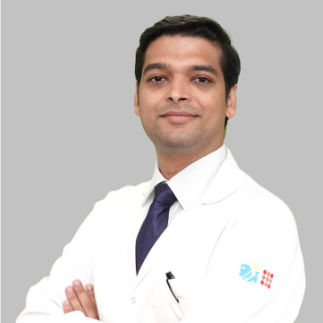
Dr Nishant Gopaal
Paediatric Neurologist
3 Years • MD (Paediatrics), Post Doctoral Fellowship (Paediatric Neurology)
Lucknow
Apollomedics Super Speciality Hospital, Lucknow
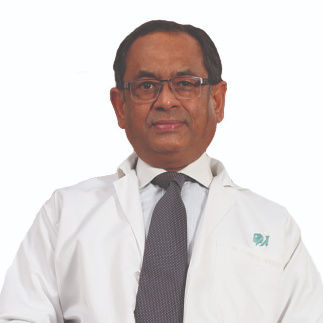
Dr. Rajendra Prasad
Spine Surgeon
36 Years • MBBS. FRCS (Glas) U.K FRCS (Neurosurgery) Intercollegiate Specialty Board in Neurosurgery (U.K). Fellowship in Spine Surgery, Stanmore, London U.K. Specialist Registration in Neurosurgery with General Medical Council. U.K
Delhi
Apollo Hospitals Indraprastha, Delhi
